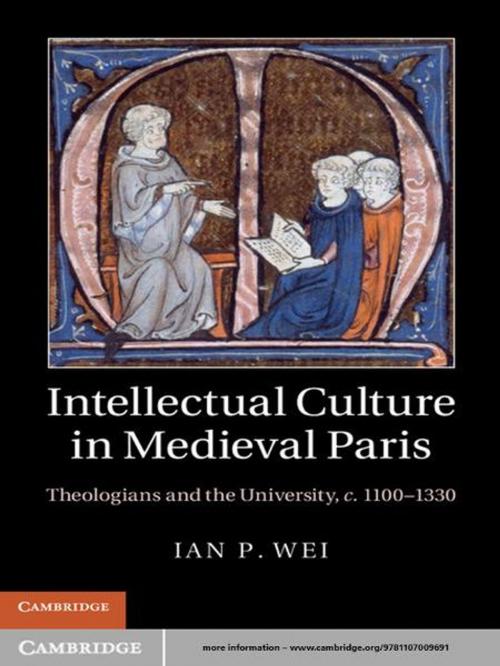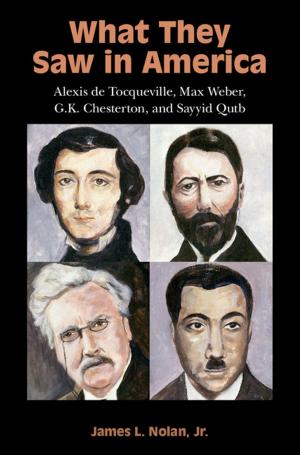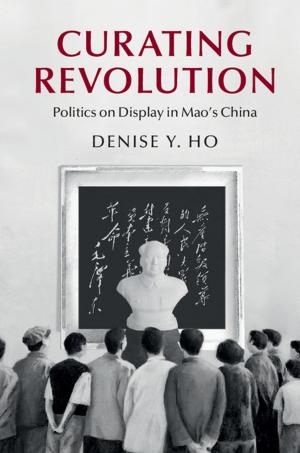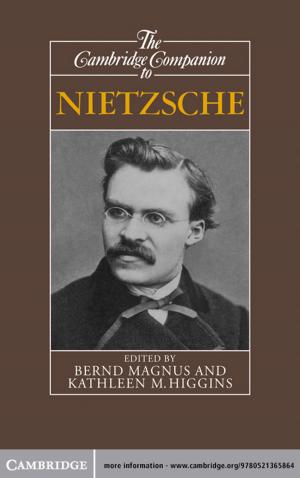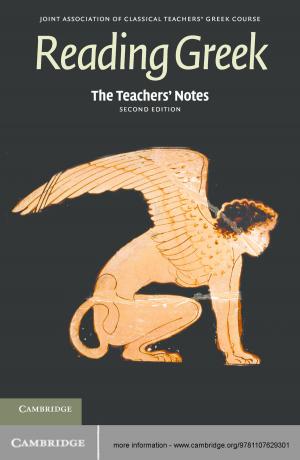Intellectual Culture in Medieval Paris
Theologians and the University, c.1100–1330
Nonfiction, History, European General, Religion & Spirituality, Philosophy| Author: | Ian P. Wei | ISBN: | 9781139365918 |
| Publisher: | Cambridge University Press | Publication: | May 3, 2012 |
| Imprint: | Cambridge University Press | Language: | English |
| Author: | Ian P. Wei |
| ISBN: | 9781139365918 |
| Publisher: | Cambridge University Press |
| Publication: | May 3, 2012 |
| Imprint: | Cambridge University Press |
| Language: | English |
In the thirteenth century, the University of Paris emerged as a complex community with a distinctive role in society. This book explores the relationship between contexts of learning and the ways of knowing developed within them, focusing on twelfth-century schools and monasteries, as well as the university. By investigating their views on money, marriage and sex, Ian Wei reveals the complexity of what theologians had to say about the world around them. He analyses the theologians' sense of responsibility to the rest of society and the means by which they tried to communicate and assert their authority. In the late thirteenth and early fourteenth centuries, however, their claims to authority were challenged by learned and intellectually sophisticated women and men who were active outside as well as inside the university and who used the vernacular - an important phenomenon in the development of the intellectual culture of medieval Europe.
In the thirteenth century, the University of Paris emerged as a complex community with a distinctive role in society. This book explores the relationship between contexts of learning and the ways of knowing developed within them, focusing on twelfth-century schools and monasteries, as well as the university. By investigating their views on money, marriage and sex, Ian Wei reveals the complexity of what theologians had to say about the world around them. He analyses the theologians' sense of responsibility to the rest of society and the means by which they tried to communicate and assert their authority. In the late thirteenth and early fourteenth centuries, however, their claims to authority were challenged by learned and intellectually sophisticated women and men who were active outside as well as inside the university and who used the vernacular - an important phenomenon in the development of the intellectual culture of medieval Europe.
